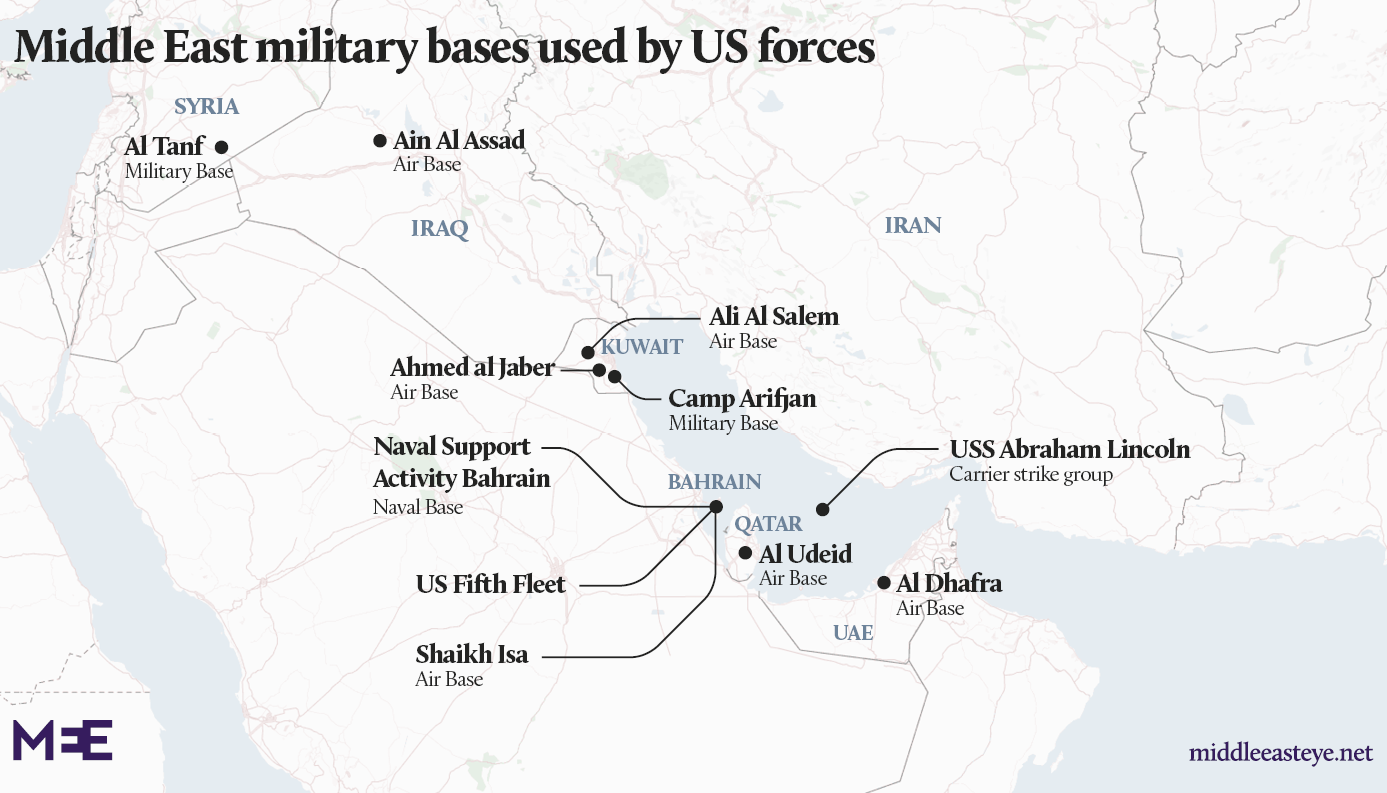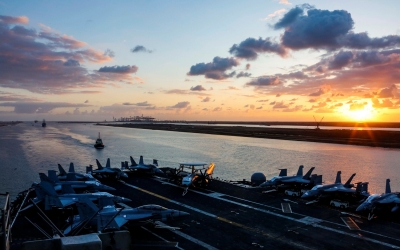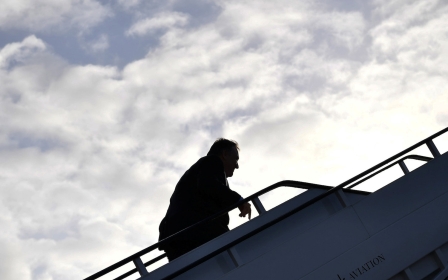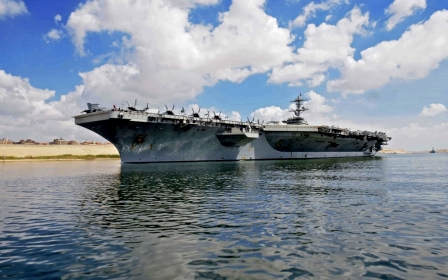US ambassador to Saudi urges response 'short of war' to Gulf tankers attack
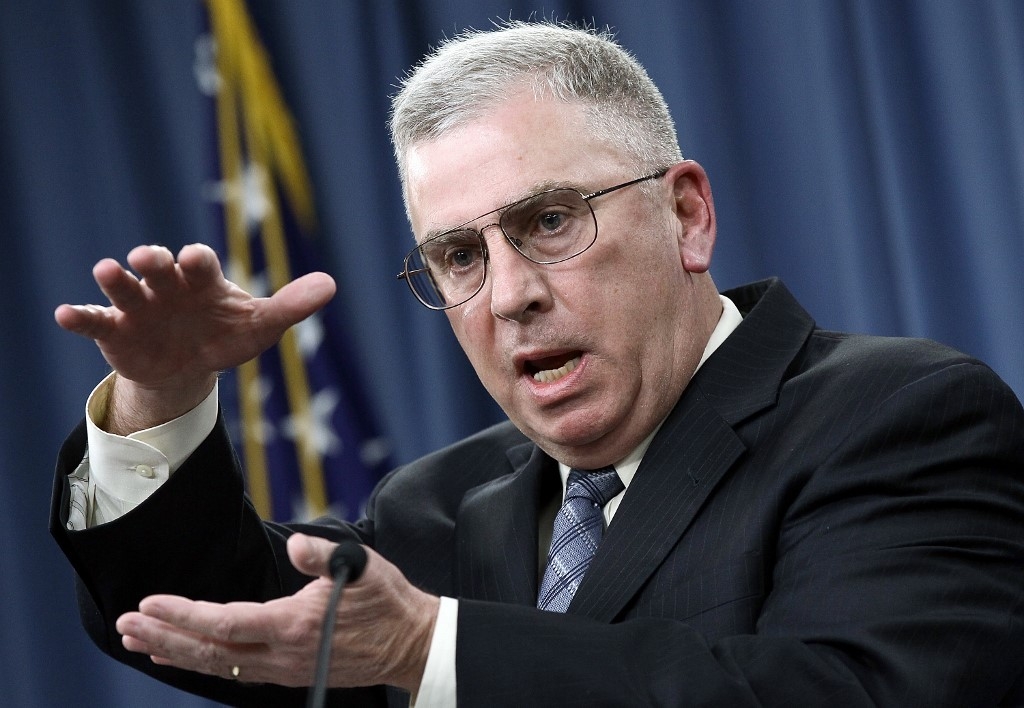
The US ambassador to Saudi Arabia said Washington should take what he called "reasonable responses short of war" after it had determined who was behind alleged attacks on oil tankers off the coast of the United Arab Emirates.
Iran was a prime suspect in the reported sabotage on Sunday, although Washington had no conclusive proof, a US official familiar with American intelligence said on Monday. Iran has denied involvement.
"We need to do a thorough investigation to understand what happened, why it happened, and then come up with reasonable responses short of war," Ambassador John Abizaid told reporters in the Saudi capital Riyadh, in remarks published on Tuesday.
"It's not in [Iran's] interest, it's not in our interest, it's not in Saudi Arabia’s interest to have a conflict."
The United Arab Emirates said four commercial vessels, including two Saudi oil tankers, were sabotaged on Sunday near Fujairah, one of the seven emirates of the UAE and a bunkering hub just outside the Strait of Hormuz. UAE authorities did not say who was behind the alleged attack.
New MEE newsletter: Jerusalem Dispatch
Sign up to get the latest insights and analysis on Israel-Palestine, alongside Turkey Unpacked and other MEE newsletters
Distancing Tehran from the incident, Iran's foreign ministry called it "worrisome and dreadful".
Abizaid's comments come after the New York Times revealed on Monday that acting US Secretary of Defence Patrick Shanahan presented an updated military plan for action against Iran to top security aides in US President Donald Trump's administration last week.
Citing unnamed administration officials, the NYT reported that the plan envisions 120,000 troops being sent to the Middle East if Iran attacks US forces or accelerates work on nuclear weapons.
The report could not be immediately confirmed. The White House did not immediately respond to a request for comment. The Pentagon declined to comment.
US Secretary of State Mike Pompeo shared information on what he called escalating threats from Iran during meetings with EU counterparts and the head of NATO in Brussels on Monday, the US special representative for Iran Brian Hook said.
Hook declined to say whether he believed Iran played a role in the apparent attacks off Fujairah or if Pompeo blamed Iran. He said the UAE had sought US help in the investigation.
Risk of inadvertent escalation
Tensions between Iran and the United States have intensified since Trump pulled out of a 2015 international deal to curb Iran's nuclear activities. The US has of late imposed increasingly strict sanctions on Tehran.
Analysts told Middle East Eye that despite the recent rhetoric, neither side wants a confrontation. But the biggest threat would be an inadvertent escalation, Suzanne Maloney, deputy director of the foreign policy programme at the Brookings Institution said.
"I don't think either side wants to precipitate a full-scale, bilateral military conflict," Maloney told MEE. "But it's clear that there are tools at the disposal of both countries that can be deployed in ways that could precipitate a crisis beyond where we are today."
Trump wants to force Tehran to agree to a broader arms control accord and has sent an aircraft carrier and B-52 bombers to the Gulf in a show of force against what US officials have said are threats to American troops in the region without further detail.
Iran has said the US is engaging in "psychological warfare", called the American military presence "a target" rather than a threat and said it will not allow its oil exports to be halted.
Middle East Eye delivers independent and unrivalled coverage and analysis of the Middle East, North Africa and beyond. To learn more about republishing this content and the associated fees, please fill out this form. More about MEE can be found here.


